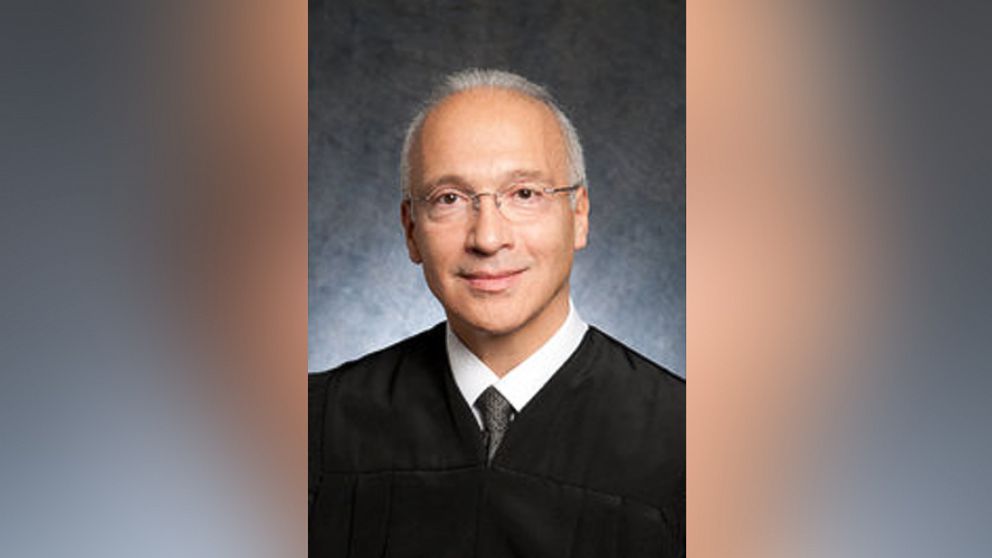Judge Targeted by Trump Once Faced Death Threats From Mexican Cartel
Before he faced Trump's ire, Gonzalo Curiel faced death threats.

— -- The federal judge being attacked by Donald Trump because of his Mexican heritage once faced something much more dangerous than the presumptive Republican nominee’s verbal barbs.
In the 1990s, Gonzalo Curiel was targeted for assassination when he was a federal prosecutor working to lock up some of the worst of the worst Mexican drug cartel members.
ABC News Nightline’s Deborah Amos interviewed Curiel in 2002 when he was an assistant U.S. attorney. Curiel had been trying to keep illicit drugs from coming over the U.S. border with Mexico along the Tijuana corridor by doing battle with the infamous Arellano-Felix cartel. He described the takedown of top cartel leaders as a “huge deal.”
Amos asked Curiel if he felt more personally secure knowing that cartel leader Benjamin Arellano Felix was behind bars and cartel enforcer Ramon Arellano Felix was dead. “It doesn’t hurt,” Curiel said.
Trump told The Wall Street Journal on Thursday that Curiel, who is presiding over a lawsuit by former Trump University students, has an "absolute conflict" of interest in the case because of his Mexican heritage. Curiel was born in Indiana, but is of Mexican descent.
Curiel has not commented on Trump's remarks, but his brother Raul Curiel told ABC News that Trump is a "blowhard" and insisted Gonzalo Curiel is "objective."
"My brother is very objective. He's following the job. He's following the letter of the law," said Raul Curiel. "He has absolutely no agenda against Trump."
During Gonzalo Curiel's confirmation to the federal bench, Republican Sen. Chuck Grassley praised him for his part in fighting the cartel. In written questions to Curiel, Grassley asked him about the role empathy plays in the judicial process.
“The judicial process must be administered fairly without regard to a person’s background, economic situation or personal situation,” Curiel responded. “Empathy does not play a role in the judicial process.”




